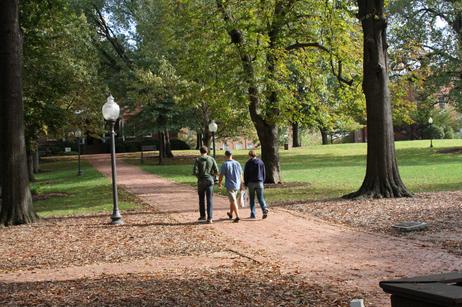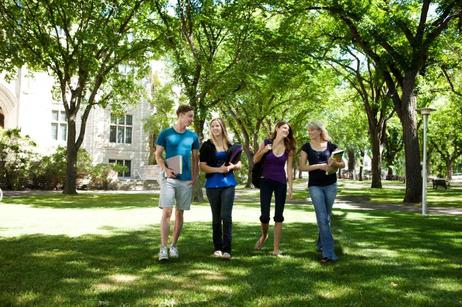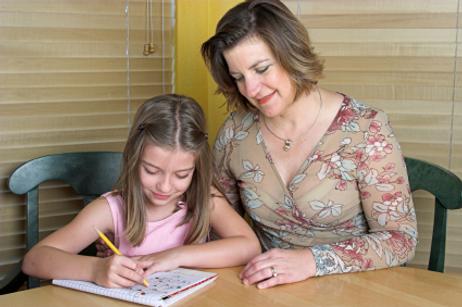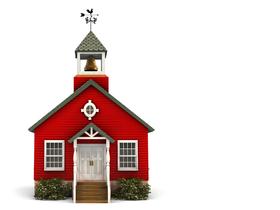Many years ago, I had no clue what a private school was, much less how to get into one. I can remember one of my public school classmates announcing that he would be attending a private school beginning the next academic year. Indeed, about three of my classmates went to what is still a prestigious old Montreal private school, Lower Canada College. I also had a few friends who had transferred in from a boarding school in the Eastern Townships. As I learned a little later, they had been asked to leave the school. In any case, I am trying to make the point that you are not the only person who isn't sure how private schools work, how to get your child in, and so on.
So, let's keep this really simple. You won't get too stressed. You might find it enjoyable to find the right private school for your child.
Find!
The first step in the process is to find schools that you can explore and investigate as part of your personal due diligence. Sending your child to private school is a major commitment both financially and in terms of your investment of your personal time and energy as a parent. So it is important that we get it right.
Fortunately for us, every private school has a website. Look for a statement of the school's philosophy about educating young people. Does it match yours? If so, add it to your


































